Additional Resources
Additional Resources
How design practices integrate material-related issues toward a sustainable future
Course description
Materials are foundational to the design process, and in today's era of environmental and resource challenges, they are central to design for sustainability and regenerative ecologies. This MOOC provides a comprehensive overview of contemporary materials design, highlighting strategies that support a shift toward sustainability, circularity, and regenerative design. Students and professionals will explore alternative materials, processes, concepts and approaches to reduce reliance on critical resources and foster responsible production and consumption patterns.
The course combines theoretical insights with case studies of real-world and speculative applications. Participants will gain an understanding of the role of materials design in supporting circular and bioeconomic strategies while preparing to engage in the ongoing transition towards a sustainable and regenerative future.
This MOOC was produced as part of the Edvance project – Digital Education Hub per la Cultura Digitale Avanzata. The project is funded by the European Union – Next Generation EU, Component 1, Investment 3.4 “Didattica e competenze universitarie avanzate".
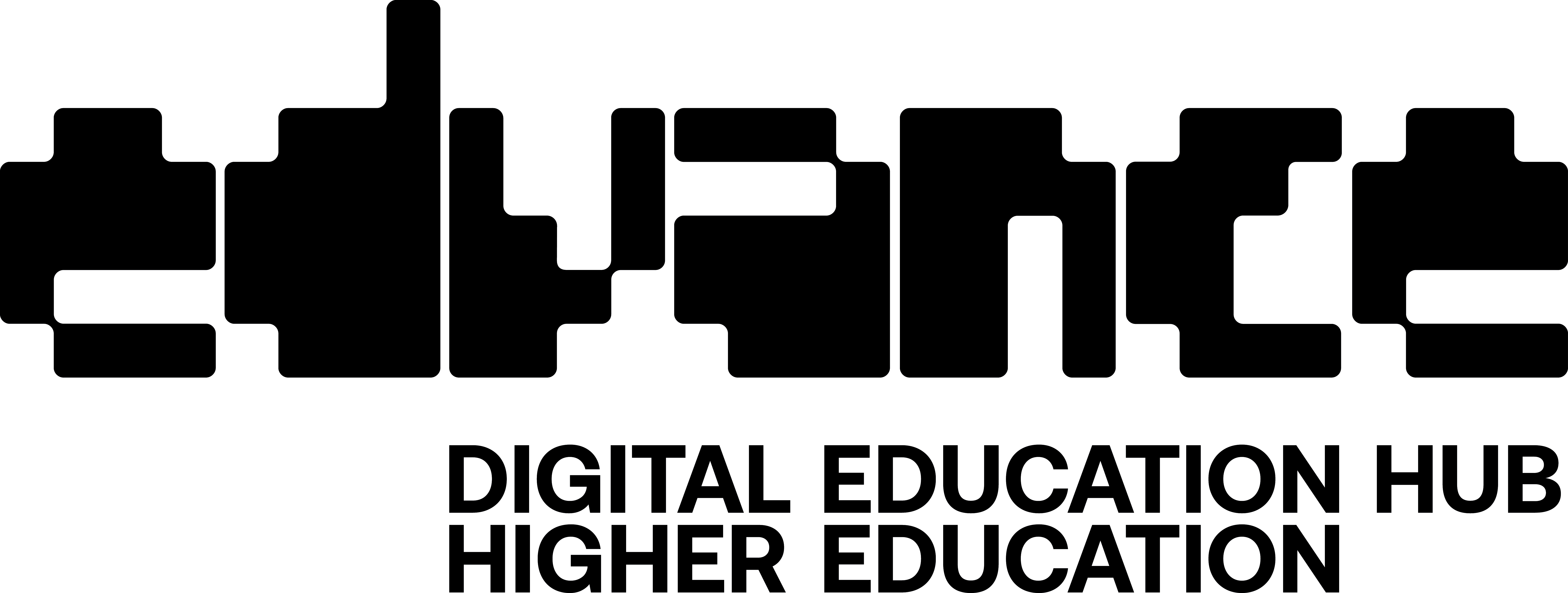




Intended Learning Outcomes
This MOOC aims to equip participants with a foundational understanding of Materials Design in the context of sustainability, circularity, and regeneration. By completing this course, students will gain insight into how material choices impact both design outcomes and the broader environment. Participants will explore the emerging field of materials for less environmental impact, including biofabricated materials, biocomposites, and materials derived from waste while learning about their application in real-world design challenges.
Through in-depth case studies and examples of speculative design, participants will develop a critical awareness of how material innovation can drive positive change and support sustainable production practices. Key learning outcomes include understanding the core concepts of biodesign, circular economy, bioeconomy, and regenerative design, along with practical pathways and strategies for implementing these ideas. By the end of this course, participants will be prepared with more knowledge to envision and advocate for materials design solutions that support a regenerative future and address pressing global challenges.
By exploring concepts in Material Design and Biodesign, Circular Economy, Bioeconomy, and Regenerative Design, this MOOC offers insights into promising Material Design approaches to facilitate the transition toward a better world.
Prerequisites
No prerequisite knowledge is required. Nevertheless, to have a basic understanding of the design discipline and founding theories, students are invited to read:
- Karana, E., Pedgley, O., & Rognoli, V. (2013). Materials Experience: Fundamentals of Materials and Design. Butterworth-Heinemann.
- Pedgley, O., Rognoli, V., & Karana, E. (2021). Materials Experience: Expanding territories of materials and design (O. Pedgley, V. Rognoli, & E. Karana, Eds.). Butterworth-Heinemann.
- Clèries, L., & Rognoli, V. (2021). Materials Designers: A New Design Discipline. In Material Designers. Boosting talent towards circular economies. Barcelona: Elisava School of Design; Material designers.
This course is designed for students and professionals interested in the emerging field of Materials Design and those with experience in the field who aim to drive change and raise awareness for a transition toward a sustainable and regenerative future.
Activities
Over and above consulting the content, in the form of videos and other web-based resources, you will have the opportunity to discuss course topics and to share ideas with your peers in the Forum of this MOOC.
Each learning week is accompanied by readings to deepen the topics covered.
At the end of each week activities are offered that put the student directly at work to research and create their own materials using easily accessible ingredients. The different proposals-projects produced by the students can be sent to the course lecturers and collaborate in the Materialsdesignfortransition online community.
Assessment
The final grade for the course is based on your results from your responses to the graded quizzes. You will successfully complete the course if you reach 60% (or more) of the total score in each assessed quiz. The maximum score possible for each quiz is given at the top of the quiz. You have unlimited attempts but will have to wait 15 minutes between attempts. You can see your score in the quiz on your last attempt or on the 'Grades' page.
The course includes a final summative assessment quiz.
The activities proposed at the end of each week contribute to a formative evaluation of the course because the projects, artefacts produced and sent to the link indicated for each activity will be viewed by the lecturers and, if deemed suitable, may appear on the instagram page of the community of experts and those interested in Materials design for transition.
Certificate
You can achieve a certificate in the form of an Open Badge for this course, if you reach at least 60% of the total score in each one of the assessed quizzes and fill in the final survey.
Once you have completed the required tasks, you will be able to access ‘Get the Open Badge’ and start issuing the badge. Instructions on how to access the badge will be sent to your e-mail address.
The Badge does not confer any academic credit, grade or degree.
Information about fees and access to materials
You can access the course completely online and absolutely free of charge.
Course faculty
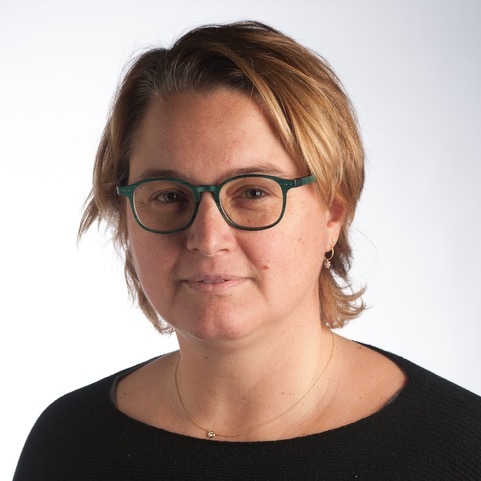
Valentina Rognoli
Teacher
Associate Professor in the Design Department at the School of Design, Politecnico di Milano. Here, she studied and began her academic carrier focused on Materials for Design. She has been a pioneer in this field, starting almost twenty years ago and establishing an internationally recognised expertise on the topic both in research and education. For her PhD, she undertook a unique and innovative study on a key but a little-treated topic that is the expressive-sensorial dimension of materials of Design and their experiential aspects.
At present, her research and teaching activities are focusing on pioneering and challenging topics such as Materials for Ecological transition; DIY-Materials; Bio-based and bio fabricated Materials; Materials from Waste; Materials for interactions and IoT (ICS Materials); Speculative Materials; Tinkering with materials, Materials Driven Design method, CMF design, emerging Materials Experiences, and material education in the field of Design. She is one of the founders of Materials Experience Lab (2015).
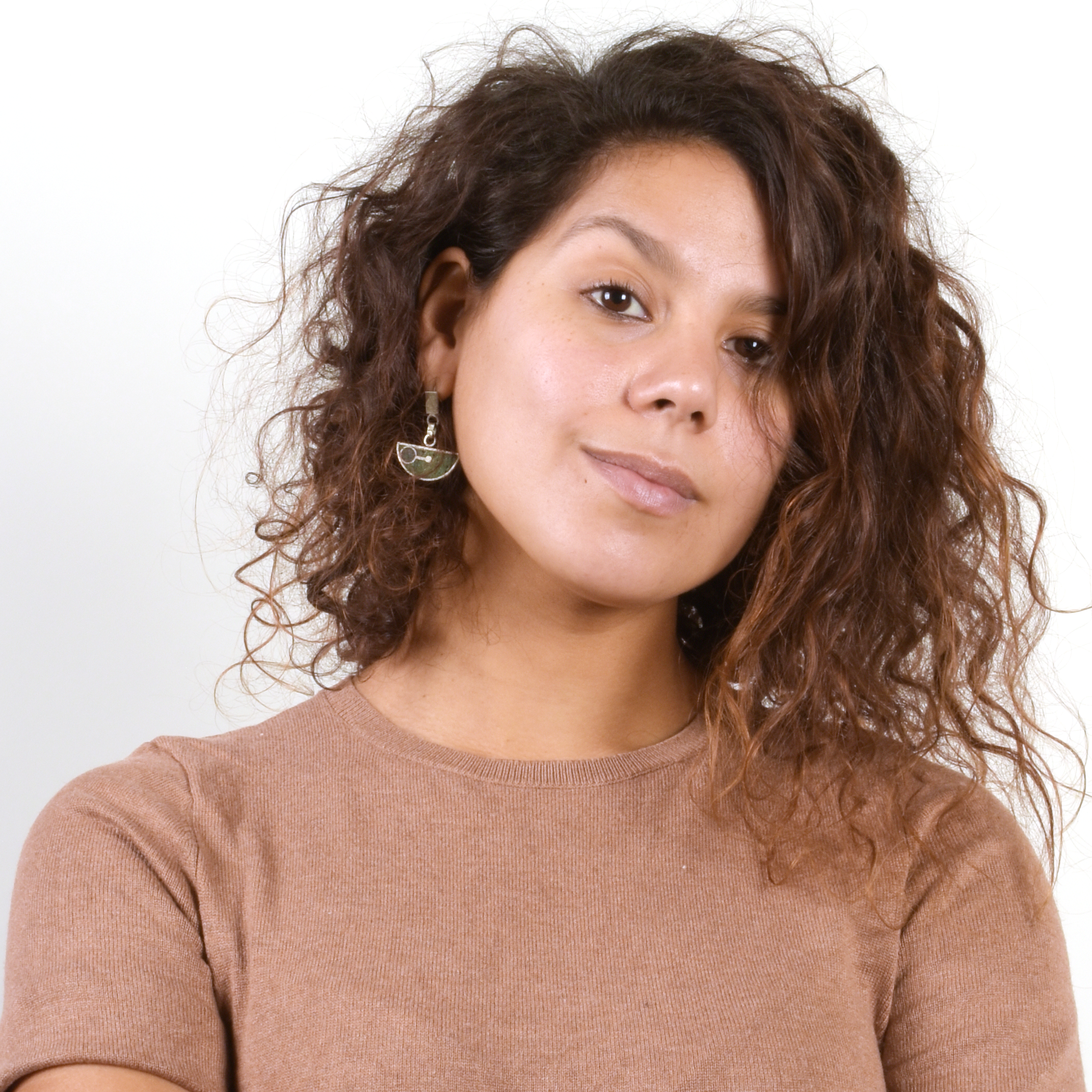
Sofia Soledad Duarte Poblete
Teacher
Product and industrial designer and educator, Sofia Soledad Duarte Poblete is currently a PhD candidate in Design at the Politecnico di Milano. She is part of the Materials Design for Transition research group. Her work emphasizes the development of materials designers role and practices for environmental sustainability and regenerative design within design firms. Her research explores the integration of emerging materials in product design and promotes materials-driven design practices that help companies progress towards sustainability. Sofia conducts lectures across various design laboratories and contributes to the Design for Environmental Sustainability course within the same department. Her expertise bridges materials design with traditional crafts, DIY materials, emerging processes, and the study of materials experiences and identity.
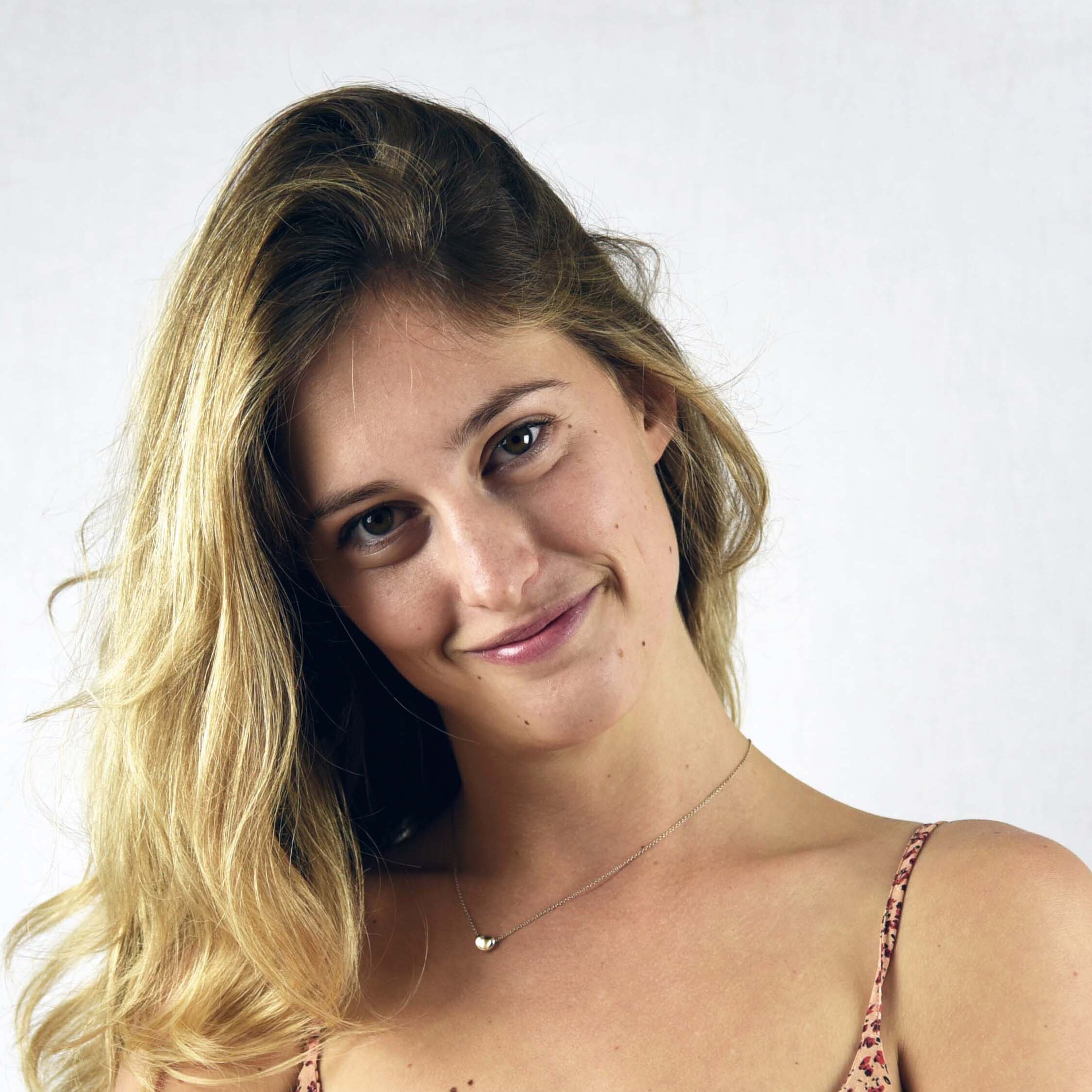
Elena Albergati
Teacher
Elena Albergati is a PhD researcher at Politecnico di Milano, part of the Materials Design for Transition research group and specialized in the intersection of Design and Bioengineering. Her research explores the potential of creating regenerative products and materials using living organisms, such as fungi, algae, and bacteria. Driven by a fascination with the possibilities of interactive design with living matter, Elena investigates methods for developing products in collaboration with biological systems. To support designers in this emerging field, she has developed a comprehensive set of maps and tools known as “Bio-UX.” This resource aims to guide researchers in integrating living organisms within design practices, advancing the field of Biological Interaction Design.
We gratefully acknowledge the invaluable contributions of prof. Venere Ferraro, PhD Barbara Pollini, PhD Luca Alessandrini, PhD Alessia Romani, PhD Candidate Giorgia Burzio, Maurizio Montalti, and PhD Candidate Chengjun Li.
Contact details
If you have any enquiries about the course or if you need technical assistance please contact pok@polimi.it. For further information, see FAQ page.